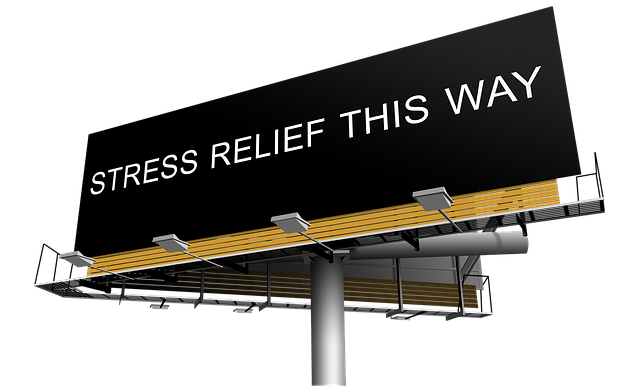When you’re stressed, it’s hard to be effective with your time.
If you you have job-related stress, and have too little time, you’re not alone. Outside factors — from inflated prices to a surprise letter from the IRS — can also affect your work.
Whatever your situation, reducing stress factors will improve your management of time.
Here are 30 ways to reduce stress:
- Identify your stress factors and take steps to eliminate them. Whether it is nasty surprise letter from the IRS, credit-card company predatory behavior, or a complaint from your best customer, do what you can to solve the problem quickly so you can move forward. Paraphrasing a philosophy of former President Gerald Ford, clear the table and move forward.
- Know your capabilities and limitations. Don’t take on too much.
- Find a trustworthy person with whom you can vent and give you empathetic feedback when asked.
- Understand when you need to say “no.”
- Get refreshed by taking regular breaks, vacations, recreation and exercise. And when you can, a simple walk will work wonders.
- Set time limits and goals for meetings.
- Review your long range goals. Frequently during your work day, ask yourself: “Is this helping me to reach my goals?”
- Record and analyze how you spend your time.
- Make sure the first hour of every day is the most productive. Tackle the hardest task first. The rest of the day will seem like a walk in the park.
- Practice excellence in every responsibility. Do the very best you can and you will prevent regrets.
- Do everything gently. As famed entertainer Hoagy Carmichael once said, “Slower motion gets you there faster.”
- Remember: If you don’t take the time to do it right, when will you have time to do it over?
- Instead of “post-it notes”, put all the necessary folders away in the appropriate file drawers. Once the clutter is off your desk, the “to do” list serves as the master organizer.
- Look for progress – not perfection.
- Plan your time. Make your “to do” list by Friday for the following week. If you’re in sales, have your list ready by Thursday.
- Review the next day’s schedule before going home each night.
- Prioritize your work: A, B, or C. Your A duties get done first – immediately.
- Learn how to structure your e-mail system for maximum efficiency.
- Eat the right foods for sustained energy.
- Get enough sleep. If you feel tired by mid-day, ask your doctor for a sleep study. Insomnia and sleep apnea routinely lead to high blood pressure and even strokes.
- Make your work fun.
- Learn from baseball player Ichiro and do stretching exercises.
- Listen to the right music. For many successful people that means classical music.
- Look around to help someone who is less fortunate. Volunteerism is gratifying.
- Learn breathing techniques.
- If you commute to work, consider mass transit and take a good book to read.
- Review inspiring thoughts, such as “No matter what, there are no big deals.” Taking the emotional sting out of your reactions to events will help. Learn to respond, not react.
- Develop positive affirmations about yourself, keep your notes handy, frequently review them and rehearse them in front of the mirror.
- Remember, the remedy for depression is action.
- Become more active socially. Yes, that’s a time management skill. If you are not alone, you are not lonely. Loneliness contributes to stress.
From the Coach’s Corner, get busy and you’ll soon feel ready to take on the world and head toward to profits.
Start investing in your future with needed equipment, marketing and training of workers. And talk with your public officials about policies that will improve the nation’s economic health and create jobs.
Related career tips: 10 Strategies to Overcome Stress and Energize Your Career
“Take rest; a field that has rested gives a bountiful crop.”
-Ovid
__________






